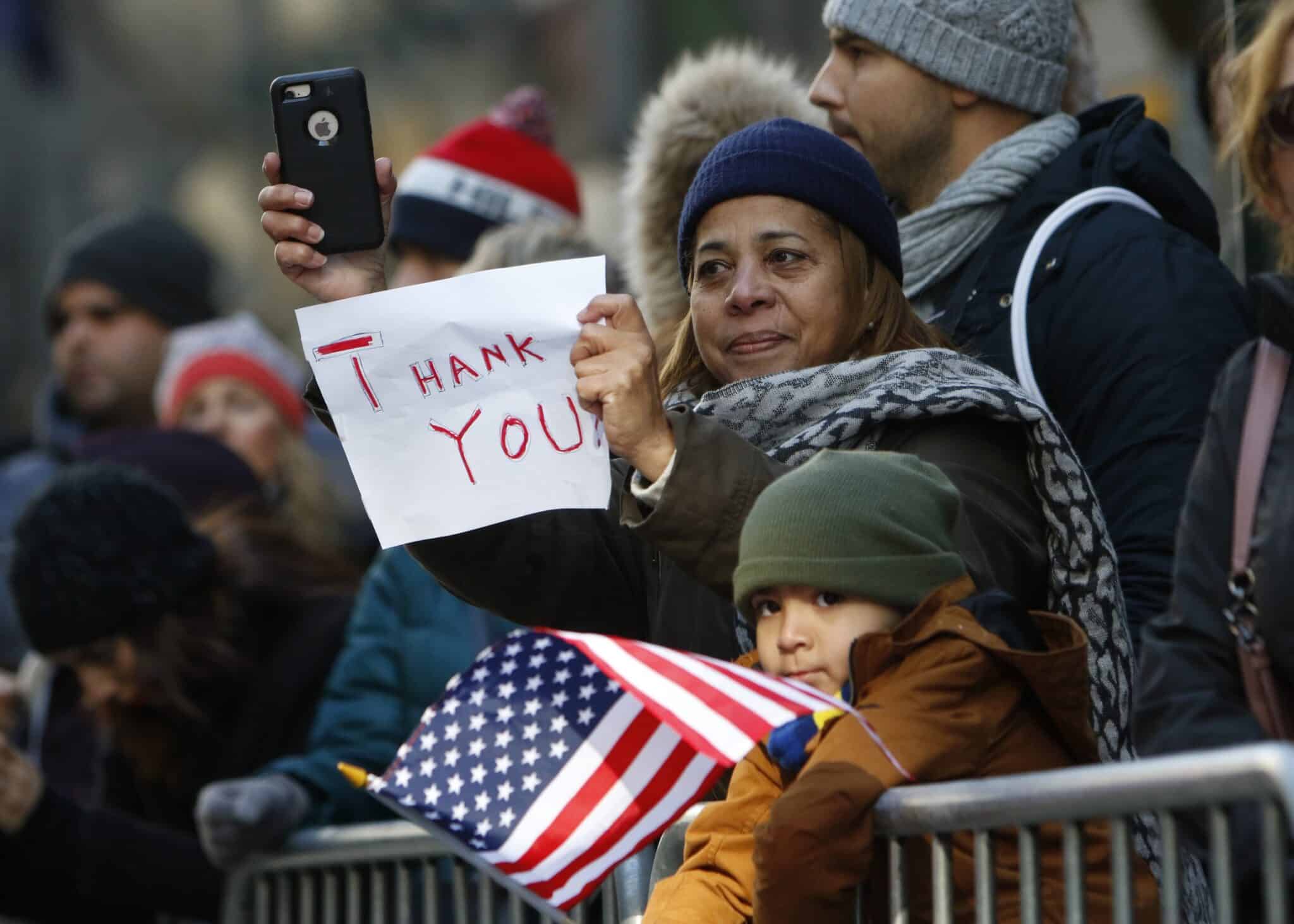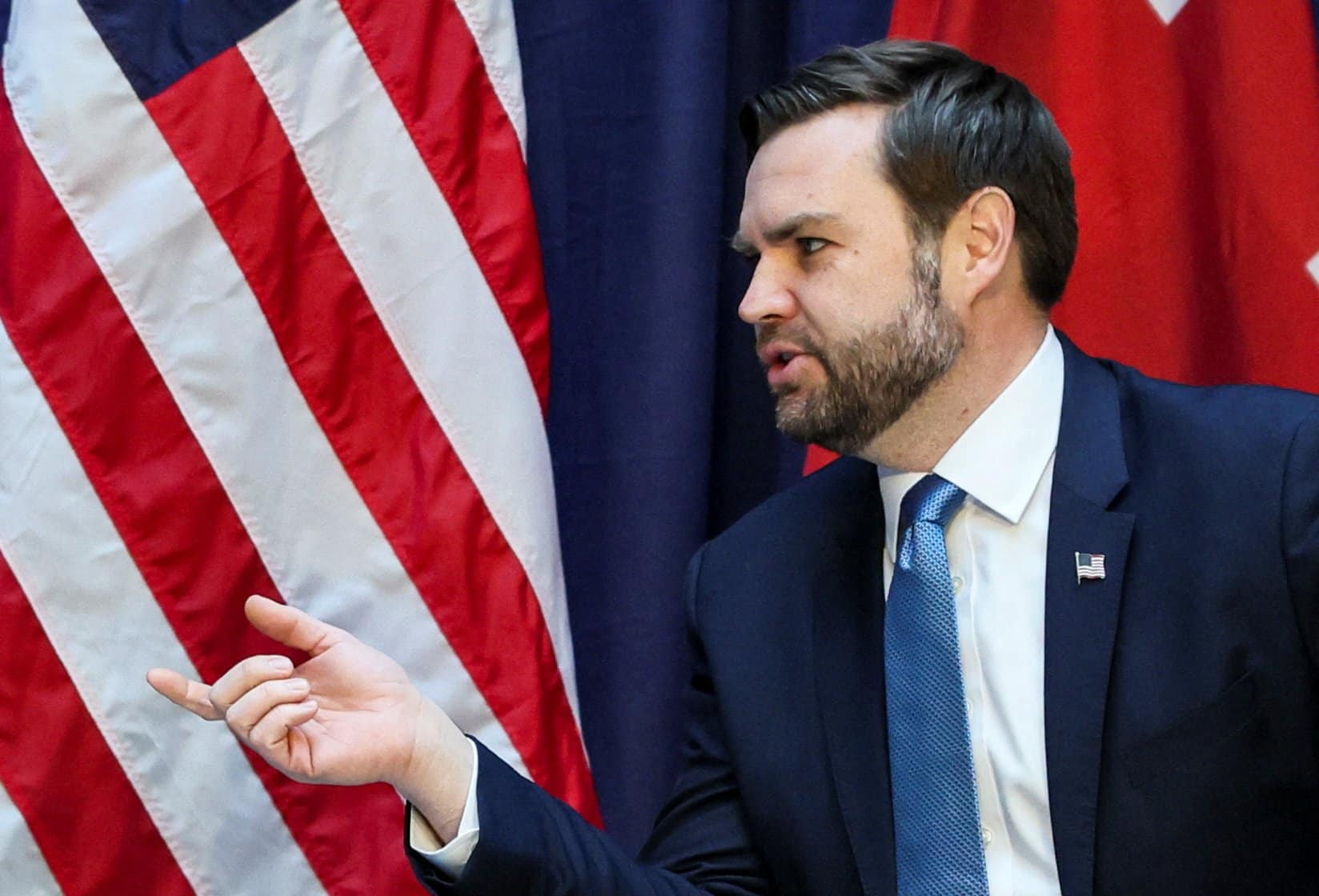As we help soldiers return to civilian life, sometimes it’s best simply to listen.
I wasn’t a very good soldier. I was referred to as “Hawkeye,” which may give you a clue about my attitude. I was a child of the ’60s and had marched in peace demonstrations.
There is even a picture of me in my college yearbook wearing my ROTC uniform and sporting a peace button. I’d thought about claiming conscientious-objector status but didn’t feel that would be honest, given the frequency of fights I’d been in. So I entered the Army and served as a psychologist. I enjoyed my work but didn’t like being a soldier. After four years of active duty, I was glad to get out.
Now 40 years later, I am ministering to many warriors. I consult with several seeking healing from post-traumatic stress disorder and have evaluated many more to assess their therapeutic needs. More than a few of these warriors shared not only the horrors they experienced, but also the spiritual questions and struggles those horrors created.
When I first started meeting with these warriors, I would often end our conversations with a standard “Thank you for your service.” Several were honest with me and let me know that they disliked this common comment. One soldier observed, “It makes us feel separate, unconnected from everyone back here. Like what we did has nothing to do with most Americans.”
Indeed, if we are honest, we really don’t want to know what these men and women have gone through. We’d just as soon not listen. It’s much easier to distance ourselves with a “Thank you for your service” and then be about business as usual. But our thank-yous miss the mark. It turns out many warriors aren’t as interested in gratitude as they are in being understood.
Seeking Forgiveness
In the late 1960s, we had a much greater investment in peace, an investment known as the draft. We males were all faced with the possibility of entering into combat; our thinking about war and peace was far more personal.
For many of us today, war is more theoretical, something in which others (primarily people from lower economic strata) participate. Many news sources have censored the horrors of Iraq and Afghanistan, so those actions feel even more foreign. It is easy to take an attitude of separateness from these warriors: “Thanks very much and have a nice day.”
Soldiers feel out of place now in churches where they once felt at home. Thus, another soldier told me, “I can’t go to Mass anymore. I’ve killed, and the Church says, ‘Thou shalt not kill.’” Some feel beyond God’s forgiveness. Others simply don’t care anymore, having left the God of their understanding on the battlefield.
I‘ve talked to several soldiers who nonetheless seek comfort in spiritual communities, wanting more than anything some solace and a sense of belonging. The reception they receive is not always helpful. One man told me that, upon entering a Catholic church, another parishioner who knew him slightly walked up and asked him, “How many people did you kill?” Such appalling insensitivity reflects a type of voyeurism. Some people want to hear the stories but not the pain.
Grasping for Reasons
What are some of our warriors’ spiritual struggles? Many struggle with the why? question: Why did I survive and my friend didn’t? I recall the anguish of a man who did not go on a mission because of being sick. His friend took his place and died in an IED explosion (improvised explosive device), sitting in the exact spot where the young soldier would have been. He is haunted by the thought, It should have been me in that seat.
Some who hold to a belief in God may tell themselves that God must have spared them for a reason, but then struggle with discerning what that reason is. Somehow, they say, figuring out that reason is a way to atone for a death for which they feel responsible.
One senior non-commissioned officer with whom I spoke had a healthy attitude, in that regard. He’d been on five deployments to Iraq, had been nearly blown up numerous times, had been near-electrocuted once, and was still here, believing that God had kept him alive for a reason.
When I asked him whether figuring out that reason was becoming a problem, he answered, “You know, if something I tell some young soldier keeps him alive when he’s over there, then I figure that was the reason.” He wasn’t looking for some great world-changing purpose; he was just touching a few lives in small but significant ways.
Sadly, many surviving soldiers don’t have that officer’s clarity. They either rack their brains trying to figure out that purpose or feel guilt because they simply want to be left alone. Some soldiers who ask why are trying to make sense out of senseless horror. Maybe they saw children run over trying to avoid a landmine. Maybe they watched a friend be burned alive in a flaming vehicle. “How can a loving God permit such things?” one soldier asked.
Many soldiers carry a great burden from having killed. Be aware that most of these soldiers know that it was kill-or-be-killed, but they find no comfort in such notions. I recall one soldier telling me that he had to inventory the belongings of a man he’d just killed. He still remembers the photos that man had of his wife and children. In that instant, the man wasn’t so much an enemy anymore.
I have met only a very few soldiers who took pride in having killed the enemy. But they are left wondering what kind of person they are now that they have killed. Some fear no longer being loved in God’s eyes. Then there are those soldiers who come back from combat no longer believing in God. As one man told me, “After what I’ve seen and done, the idea of God just doesn’t work anymore.”
The Need for Listening
How, then, can we help these spiritually wounded warriors? Most of the warriors I’ve met are tough, hardened individuals, even those I’ve met who were barely out of their teens. These people are not looking for pity. They are, first of all, looking for confidence that they still have value and can still contribute. Many simply want to find a job.
Most warriors feel very much out of place upon their return. They have had a level of experience that causes them to feel very disconnected, even within their families. Many turn to religious settings, hoping to find at least a spiritual home. Spiritual communities then are faced with making our soldiers feel welcome without overwhelming them.
Most soldiers don’t want to be fussed over. Many simply want to quietly slip into a service, usually toward the back, and often leave early to avoid crowds. That desire to slip in and slip out, however, relates more to the effects of trauma and should not be taken to mean that they don’t have a need to connect.
What these soldiers have taught me, more than anything, is that they have a great need for people to listen to them without passing judgment. Some of these soldiers may indeed need professional help, but first and foremost, they simply want to tell their stories and be heard. For many, the experience of meeting someone who is willing to let them talk is new.
Listening is hard for many of us. We want to fix things or set people straight or tell them that if they only pray or think about something else or go for a long walk, everything will be fine. But most of these warriors aren’t looking for advice.
If you take the time to listen to a veteran, you may hear things that are horrifying. I think of a man weeping as he told me of seeing his best friend on fire in a vehicle and being unable to do anything to help.
I think of a soldier watching an Iraqi man walk up to a camp gate and set off a bomb, such that all that remained of him were scattered body parts. I think of a soldier coming upon the body of an Iraqi boy he’d befriended, that boy apparently executed because of suspicion he helped the enemy. These warriors know such stories are horrifying. There is power in finding someone willing to listen.
Easing the Grief
What can listening accomplish? I’ve come to see that, through someone’s listening, soldiers can experience a conversion, perhaps the realization that they are more than their war experiences. The conversion may be finding some forgiveness and, through that, the realization that they have seen enough of war.
I’ve come to see that listening can help these soldiers to grieve. I don’t believe anyone can go through combat and not experience some sort of painful loss that needs to be grieved. There is clearly the grief for lost comrades. For others, there is grief over a lost idealism, even innocence. And many grieve for the person they were before deployment or even a lost faith.
Our wounded warriors have much to offer to us as well, especially in spiritual domains. I find that my belief in nonviolence has grown since engaging in these conversations. I’ve long had a theoretical belief in the evils of war, but having heard much about its impact on the human body and spirit, I’m convinced at a different level. What war does to people in body, mind, and spirit cannot be tolerated any longer.
Yet I have also learned that there is no place in a Christian ethic for judgmental thinking. For example, I’ve dealt with many Vietnam veterans who were judged harshly for their participation in that war. These are people who came home hoping to heal, only to be judged as baby killers and shunned. Many suffered the traumatic aftereffects of war privately and with shame.
In contrast was a man who recalled returning from Vietnam as a young Army captain to no welcoming committee, no yellow ribbons. He was walking through the Phoenix airport alone when an elderly woman stopped him, shook his hand, and said, “Welcome home, Captain.” He burst into tears as he shared this healing moment.
Finally, I’ve been taught some powerful lessons about faith. Not every soldier lost his or her faith on the battlefield. Some found it. Others drew upon that faith to get them through both war and its aftermath. One man, whom I deeply respect, summed it up for me as I expressed concern about how he was doing. He looked at me, patted my shoulder, and said, “As long as I have my Bible, and a good friend I can talk to, I’ll be OK.”
Such straightforward clarity, given what this man has been through, is truly humbling for someone, such as I, who spends a lot of time arguing with and questioning God.
So I encourage everyone to reach out to these wounded warriors. Help them feel welcome. Help them feel that there is a place for them in your spiritual community. If they indicate a desire to talk, take the time to listen to their spiritual struggles. Just listen; don’t try to fix. This will be a far more meaningful way of saying, “Thank you for your service.”









3 thoughts on “Welcome Home, Soldier”
This has to be one of Dr. Patterson’s BEST …! I am so pleased that he is sharing this with us today, Veterans Day 2024.
Richard, your writing hit home with me. I was a combat infantryman in Vietnam. I experienced many of the examples you wrote about and I still feel almost offended when people say, Thank you for your service. I had several close calls from stepping on two different booby traps to having minor foot surgery. I recovered as the company clerk for two weeks. On the first week, my squad was ambushed. Four were killed including the one carrying my radio. The rest were wounded and in the hospital. I took their mail to them and visited with each of them. My Sargent was laying there and telling, Frenchy, do whatever you can so as not to go back in the jungle. A week later, I was assigned as the CO’s radio man.
Thank you for this post. 🙏. I was born in the late 1970s in Europe and raised on love creating great confusion for me as to why anybody would participate in war. Your article was very helpful. I better understand now. Thank you!